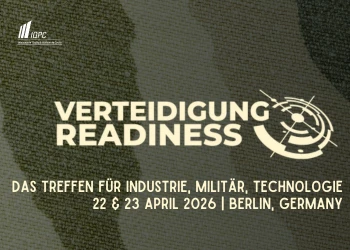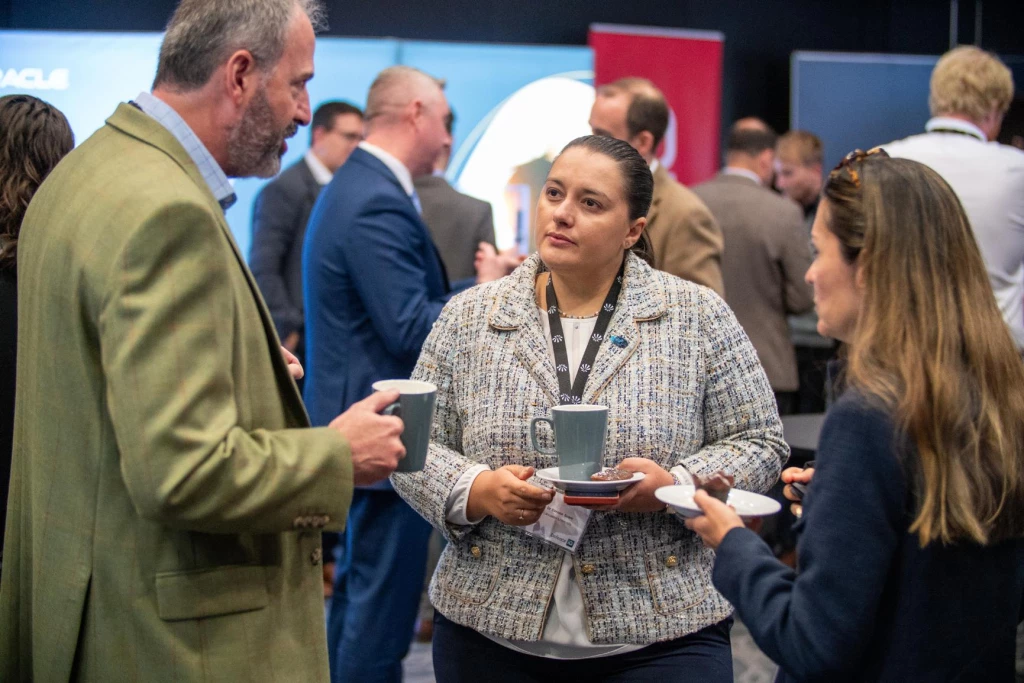Scary is Good: Thoughts from an SME on Engineering & Defence Innovation
Add bookmarkAs part of our ongoing research into innovation and enterprise transformation in Defence, Defence iQ's Editor spoke to the director of MAGE Control Systems, a Scotland-based SME, to talk all things safety-critical control systems engineering, innovation and UK defence SMe engagement.
Mage designs and develops safety-critical control systems which, you describe, requires a ‘mastery across a number of engineering disciplines’. Could you talk about your ‘design thinking’ process and what this means in practice?
The clue to the Mage design philosophy is in the name of the company, "Control Systems". Most of our engineers would be classed as control system design engineers as opposed to the traditional demarcations of electronics, software etc. The design thinking for control systems requires the harmonisation of all the aspects involved in various disciplines to allow an optimal solution. In terms of safety critical design, this means that the hardware team are designing robust built in test (BIT) and health and usage monitoring systems (HUMs), coupled with detailed failure modes analysis. In terms of hardware and software development, this is done via the classical design stages: SRR, PDR and CDR etc. This requires formal and informal reviews being undertakes throughout the design process.
What does it mean to transition from ideation to production, and how is Mage set up to engender innovation in technology development?
Most of what we do is design and innovation, as the company was originally set up as a specialist embedded control design consultancy. Increasingly though, our focus has been on our own in-house development of our Mage OEM products. These products span a number of sectors and include: ozone generation and sanitisation equipment; pan and tilt heads; well intervention tools; gas turbine engine control and electrical UAV propulsion systems.
The set-up of our manufacturing capacity and capability is an expanding process which is driven by each innovation; it is a very dynamic process which has included a large degree of capital investment in new facilities and tooling. We have just completed an extension of our facility as part of this process, with the installation of fume cupboards, and EMC facilities. Part of the manufacturing expansion strategy has been making best use of the modern apprenticeship schemes to train more skilled technician staff with a key focus of women in STEM run by our Operations Director Janet Menzies.
You used to work at a major defence prime contractor, prior to setting up Mage. How has your experience and expertise gained from tier 1 industry being applied now by a small, rapid-growth SME? What are the main differences in terms of leadership, culture and tech design and development process?
The experience I gained in the large primes was invaluable in understanding how the overall defence and aerospace ecosystem works and I am seeing some of the best practices, now replicated and improved upon by the teams at Mage.
As I see it, the major difference working in a smaller, more agile company is that things can be achieved in months when it would take years to achieve in larger primes due to the high level of bureaucracy.
The other major difference is that being privately owned, the company is not accountable to shareholders and the board have 100% executive authority; therefore, we do not always have to take a conservative approach. The net effect of this is that innovations that are deemed too risky for larger organisations are often undertaken by Mage which leads half-jokingly to our motto, "Scary is Good". The company is, therefore, an engineering lead organisation with 100% focus on engineering excellence and boundary pushing.
The MOD is keen to foster relationships with companies outside the traditional defence industrial base and partner with SMEs. What’s your view on the current UK defence ‘innovation market place’ and what are the biggest barriers or challenges you’ve faced, as an SME, working with defence industry or via government contracts?
Mage have focused more on the Aerospace, Industrial, Oil and Gas and Medical sectors in our early years as a company. This was due to the contracts that we initially undertook. I think that there are excellent opportunities for SMEs to engage with a cross sectoral approach utilising the many accelerators existing (such as, Innovate UK, SBRI etc), where calls can be used to engage with many private and governmental organisations.
I am first and foremost still an engineer, and thus think with a systematic approach. Barriers to entry are to me, just another engineering challenge looking for a solution. However, I do not think that many of the traditional barriers that SMEs faced in the past, still exist. The MOD and many other government agencies have now made it easier for SMEs to engage, often through WEB portals.



























